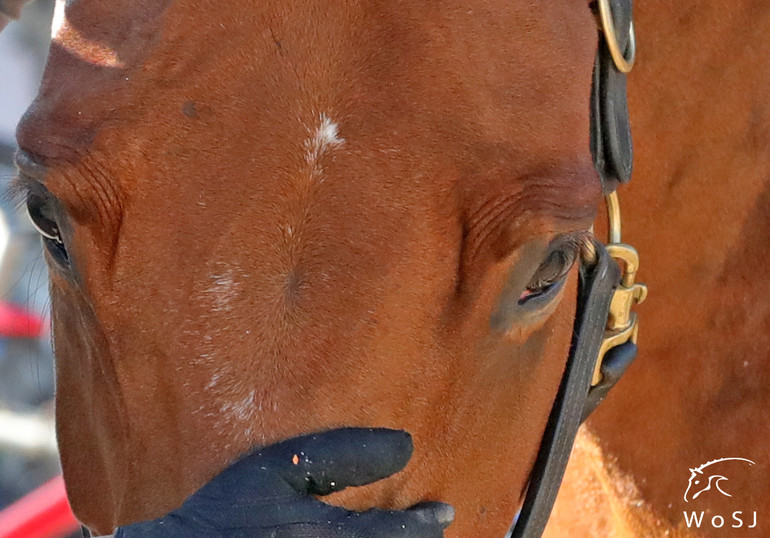The FEI Veterinary Epidemiology Working Group – that consists of EHV experts Professor Ann Cullinan (IRL), Dr Richard Newton (GBR) and Dr Gittan Gröndahl (SWE), FEI Veterinary Director Dr Göran Åkerström and FEI Senior Veterinary Advisor Dr Catrina Termine, supported by Dr Jenny Hall, Chair of the FEI Veterinary Committee – had its first meeting on the 18th of March.
Reports from the group will be published on this FEI page on a weekly basis. Below is the first report:
"The FEI Veterinary Epidemiology Working Group, whose individual members have been working with the FEI since the start of the EHV-1 outbreak, held its first formal meeting on 18 March 2021 to discuss virus gene typing, the evolution of the outbreak, return to competition protocols and preventive measures.
The Group discussed epidemiological links between events where positive cases have been reported, and further known transmission of the disease at horses’ home stables. The need for improved network tracing was identified, which would require the FEI being granted a greater jurisdiction at FEI events in the event of an EHV outbreak.
The Group noted that EHV is an endemic disease worldwide and is notifiable in only a few countries. Concern was raised that should the disease become notifiable in more countries it could lead to reduced reporting, meaning that outbreaks could become more difficult to manage.
Expected future risks
Regarding the evolution of the outbreak, the Group agreed that the following risk factors could be expected within the next two weeks:
* Transport of horses (potentially causing raised stress levels) may result in further recurrence of the virus and more confirmed cases;
* Circulation of active virus is expected to continue because this virus often moves more slowly through groups of horses compared to a virus such as Equine Influenza. Therefore, it may take some time for more recently infected groups of horses to be released from isolation.
* Efforts must be focused on both preventing the incursion of virus positive horses at events and contingency planning to mitigate the impact of such an incursion, should it occur.
Resumption of Competition
The Group determined that safe resumption of competition involves two key areas: conditions for entry and the management of horses within the venue.
Recommendations include:
* health certificates issued before the horse travels;
* pre-movement testing;
* enhanced examination on arrival;
* restrictions on event size;
* good separation between horses;
* routine health monitoring.
Many rules are already in place to support these measures.
Laboratory analysis of samples
Several laboratories in Europe have analysed PCR positive samples from horses that returned from competitions in Spain. The virus identified does not have the N752D amino acid substitution in the DNA polymerase that has been shown in the past to be associated with neurological disease. Work on identifying the clade or genetic group to which this virus belongs is ongoing and will assist in tracking the spread of the virus and differentiating it from many other strains of EHV-1 in circulation.
The Group’s next meeting is scheduled for 25 March 2021."









